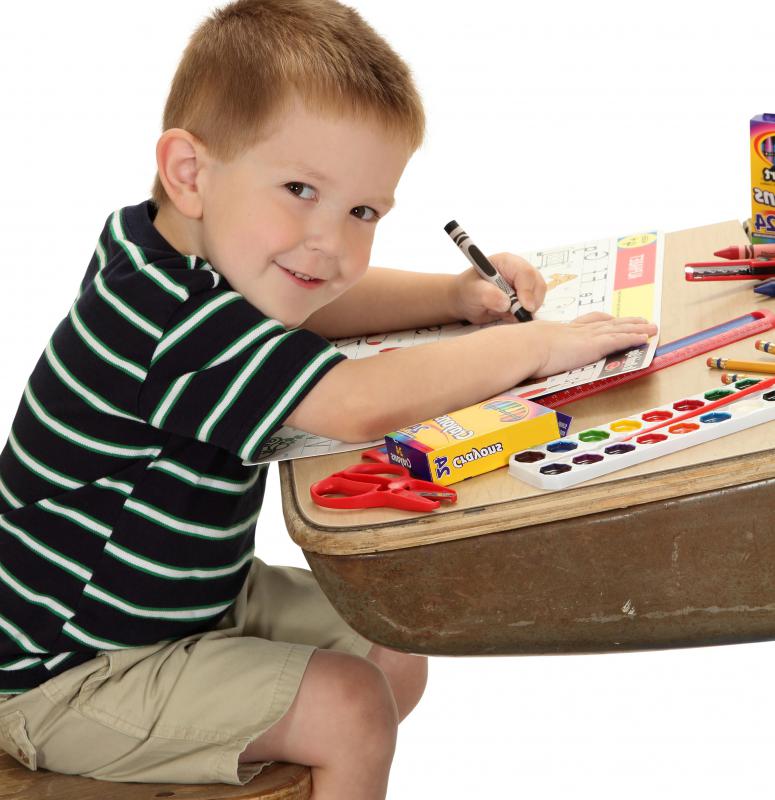At WiseGEEK, we're committed to delivering accurate, trustworthy information. Our expert-authored content is rigorously fact-checked and sourced from credible authorities. Discover how we uphold the highest standards in providing you with reliable knowledge.
What are Different Education Policy Jobs?
Education policy jobs are for professionals who want to evaluate and develop methods to use in implementing reform in education. Those jobs cover a range of areas, including teacher evaluation, student achievement and curriculum development. Education policy jobs exist in higher, secondary and elementary level schools, at the state and federal level, and in independent companies in research, analysis and administration. Jobs in education policy require professionals to have a master’s degree in education or a doctorate, preferably with an emphasis on education policy.
Education policy research positions require that professionals gather data about current education policies, teachers, students and curriculum. Using mathematical statistics and by developing quantitative and qualitative studies, educational researchers are able to diagnose, analyze and study existing educational problems. Educational researchers may study the effects of socioeconomics, ethnicity and culture on student achievement or the success of certain teaching methods for students in disability programs. Researchers work to define correlations and trends to reveal gaps in achievement and failure in schools. Professionals in education policy jobs also could undertake collecting data on soldiers and their transition to higher education or new student achievement test results and whether they provide an accurate representation of the student.

Professionals in education policy analysis utilize statistical data, correlations and findings from educational research to market and implement education strategies and school reform. They oversee new educational programs, testing measures and teaching methods. They also manage performance data on students and teachers.
Educational policymakers learn to recognize the success or failure of a policy and work to allocate resources effectively. Professionals in education policy can also work with state and federal agencies or legislators, or they can be lobbyists or lawyers. The Post 9/11 GI Bill Improvement Act is one piece of legislation that education policymakers in the United States have worked to create and market and were attempting in 2010 to get passed as law. The No Child Left Behind Act is another example of U.S. education legislation that was formed and enacted by education professionals.

Education policy administration careers include positions as superintendents, principals and directors of programs in literacy and special education. Researching, creating and implementing programs in their own schools and districts require a professional who can balance daily administrative tasks while also looking toward future developments and improvements. High level administrators are also responsible for creating budgets and fundraisers and for enforcing the academic standards of the school. Higher education policy jobs may also require professionals to teach policy curriculum and oversee research or thesis development for students working toward a degree in education policy.
AS FEATURED ON:
AS FEATURED ON:
















Discuss this Article
Post your comments